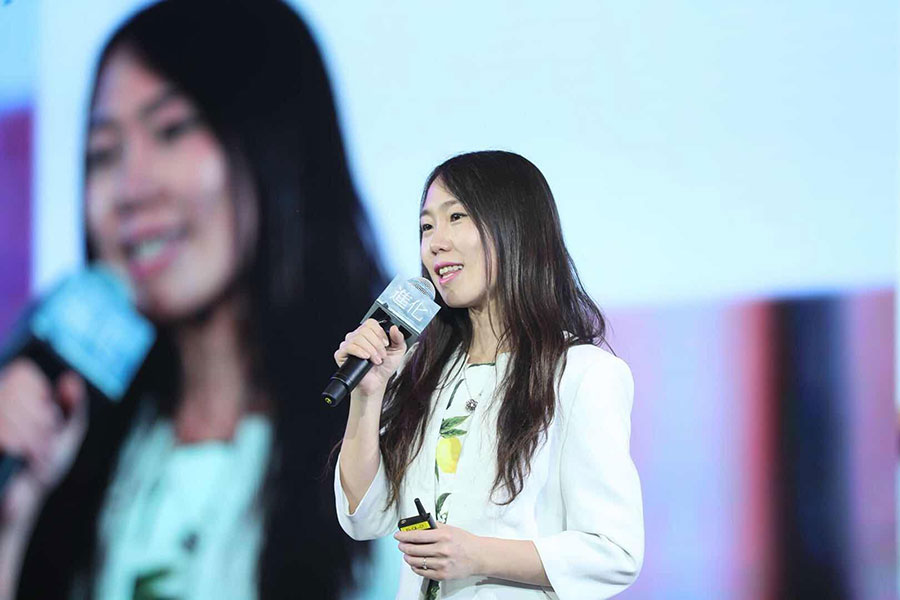Virtually brilliant side of sci-fi
By Liu Xiangrui | China Daily | Updated: 2018-01-19 08:01

After the award, Hao, who had an interest in poverty studies, was offered the chance to set up a program initially funded by a Chinese auto company, with the aim of educating rural children in poor areas.
The program started in Bijie city in Southwest China's Guizhou province and has been expanding. It has sent teachers to impoverished places to train local teachers as well.
Hao says writing sci-fi combines her love of science and her dream to become a writer.
Writing has been an important part of her life since she was a teenager.
Hao won the national New Concept Award for writing when she was in high school. She started writing sci-fi in 2006, when she did her physics major at Tsinghua University.
She continued her studies for her master's degree in physics and then economics for her PhD at Tsinghua.
Hao developed a strong interest in astrophysics after she read a book about the universe as a child. She started reading science fiction in high school.
Hao devoted much of her time to writing novels in her university years. But to take advantage of her academic background, she started to write sci-fi then.
"Sci-fi opened a whole new world for me," says Hao.
Her stories cannot be simply generalized as sci-fi, fables or by any particular literary tag, according to Beijing-based sci-fi author Chen Qiufan.
Because they indicate her close observation and awareness of real life, Chen says.
While China has sci-fi writers such as Liu Cixin, who won the Hugo Award for best novel in 2015 for his earlier and perhaps most famous work The Three-Body Problem, the genre's appeal is still limited.
Like Hao, many Chinese sci-fi writers are employed full time in other jobs. So, writing is more a passion than career.
Speaking of the future, Hao says: "It will take time for the genre to grow here."
























